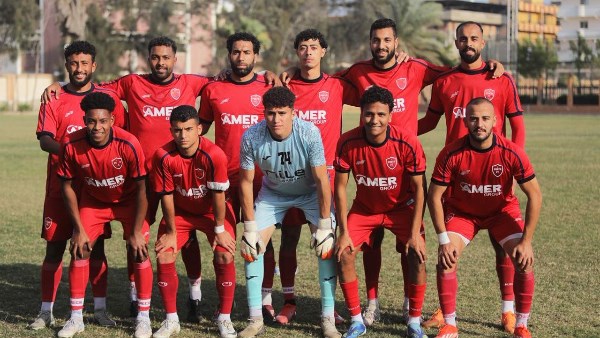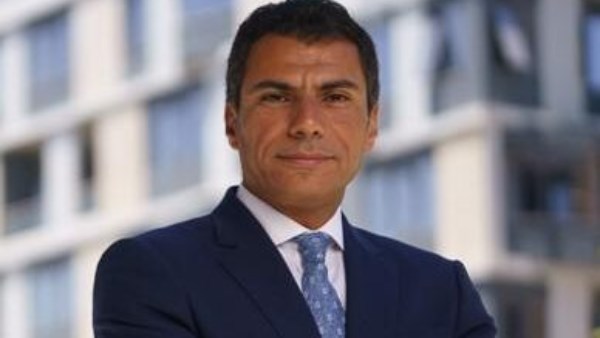
FAO HONORS THE EGYPTIAN FOOD BANK

The Egyptian Food Bank participated in the celebration of the International Volunteer Day, which was organized by the United Nations Volunteers Programme in cooperation with the Ministry of Social Solidarity at the National Museum of Egyptian Civilization, as part of the Egyptian Food Bank’s efforts to promote volunteer work and encourage youth to embrace innovation and contribute to achieving the goals of community development.
Under the slogan "Volunteering Now for Our Common Future", the United Nations Volunteers Organization held the celebration, which brought together more than 20 international, civil and academic organizations, through a series of workshops and parallel sessions aimed at supporting volunteers' efforts and developing their volunteering capabilities and skills in order to achieve the United Nations sustainable development goals for societies locally and internationally. During the event, many development issues were discussed, including environmental issues, food and agriculture, female circumcision, recycling and water management and climate change.

As part of the program, the Egyptian Food Bank held a session in cooperation with the United Nations Food and Agriculture Organization to discuss volunteer work in the food and agriculture sectors, while presenting the various forms of volunteering in this sector and the impact of the role of volunteers on the lives of the beneficiaries. The session was attended by Nasr El-Din Haj El-Amin, Food and Agriculture Organization of the United Nations (FAO) Representative in Egypt, and Mohsen Sarhan, CEO of the Egyptian Food Bank. Nasr El-Din handed over Sarhan a shield in appreciation of the Egyptian Food Bank's exceptional efforts in the issue of food security in Egypt.
Mohsen Sarhan, CEO of the Egyptian Food Bank, said that the International Volunteer Day is an opportunity for individuals, communities and organizations to contribute in the development locally, nationally and internationally. The Egyptian Food Bank values the contributions of volunteers and consider it necessary to the development of countries, especially in combating poverty, hunger, disease, illiteracy, environmental degradation and discrimination against women.
Sarhan added that in light of the repercussions of Covid-19, the Egyptian Food Bank’s team played a prominent social and voluntary role by working to provide healthy and safe food for the unprivileged and the families most in need. This was done on several levels, whether through the implementation of the bank's strategy in this field or through cooperation with various governmental agencies.
The CEO of the Egyptian Food Bank indicated that voluntary work in general and in the food bank particularly, reflects social solidarity and enhances social cohesion, especially by helping the neediest people in order to accommodate their needs and help them achieve a decent life.
Both parties; the FAO and the Egyptian Food Bank honored the "Food Champions", for their exceptional role in achieving the mission of the Egyptian Food Bank and the FAO in Egypt and working to support governments with their efforts and time in order to build a better and safer future for all. The Egyptian Food Bank honored 5 of the most active volunteers where the bank granted them shields in appreciation of their efforts and their role in providing healthy food to the beneficiaries in order to alleviate the suffering of hunger for the neediest in the governorates of Egypt, as part of the 40,000 volunteers contributing to the activities and programs of the Egyptian Food Bank in various governorates over the past 15 years.
The attendees, including experts in various fields concerned with development, discussed the role of volunteering in times of crisis and the importance of time management and prioritization to achieve goals in an efficient and effective manner, in a way that supports national plans for risk management and emergency response, especially after Covid-19 and its impact on all segments of society economically, socially and psychologically, highlighting the role of civil society and NGOs in alleviating the burdens that resulted from the repercussions of the crisis on the needy groups.





-1120252475029447.jpg)















